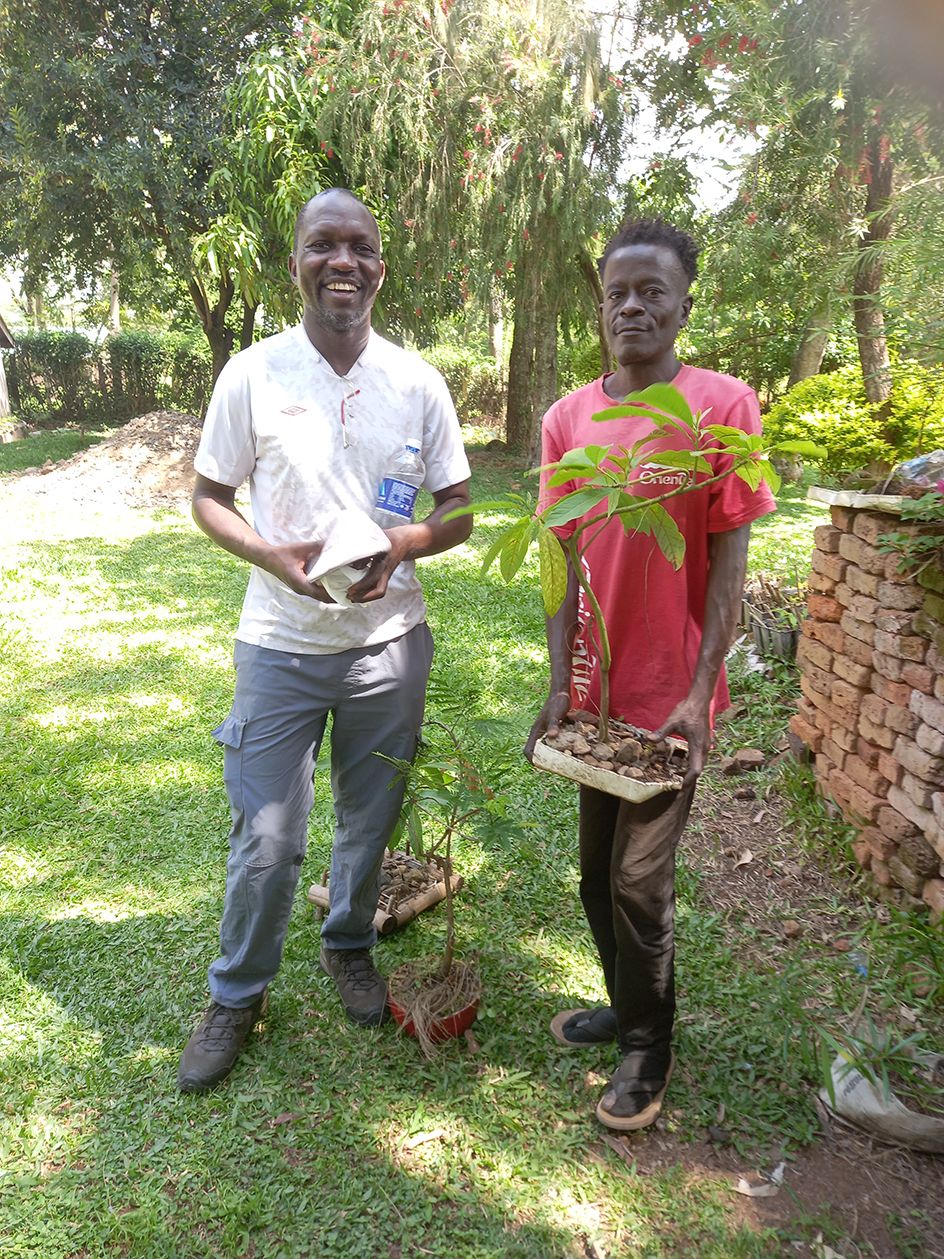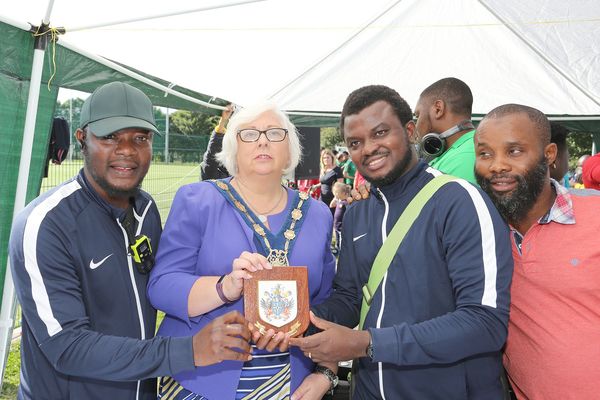I HAVE travelled home to Kenya. My paternal village is a small quiet place called Mirogi. It is near Lake Victoria, some twenty five minutes from Homa Bay township. I was trying to find any connection between Belfast and this, my rural place where I visited grandfather Ombija. The closest thing would be the Nile tilapia fish sold in the stalls at St George's Market or sizzling hot in some restaurant of exotic dishes.
Grandfather Ombija has a spiritual thing that many Belfast ones also share: the rosary. Ombija and the holy rosary are inseparable.Think of a 21st century person with their cellphone – totally connected.
This village used to be majority Catholic, they have Mirogi Boys’ and Girls’ schools. These two high schools are run by the local Catholic administration and public service teachers. The community has maintained its unique, quiet presence in the region but since my last visit in 2015, some few disappointments have come to fore. For example, it is very hard to believe what has happened to the local homes, architecture and social mannerisms. We used to have mud-walled, grass-thatched huts in both rich and poor homes. It was a symbol of Luo tribe traditions stretching back hundreds of years.
We Luo came from the Sudan a long time ago and we brought our ways to the present-day Kenya, Tanzania, Uganda and, still, parts of Sudan. Our thatched mud houses – ‘od lum’ – are now things of the past. Since I arrived a couple of days ago I have not seen one surviving hut. I am told that I need to walk further and aimlessly into the hinterland. This is something I never imagined would ever happen in my lifetime, fighting to spot a hut in my village. I will tell you what happened...
Things have changed in Mirogi, Kenya. Yes we still have outside toilets and pit latrines but we have lost our past. A huge sugarcane farming operation started here about ten years ago and almost everyone started farming the crop in order to make good money from the factory. So people stopped growing the natural thatching grasses in fields which are now occupied by sugarcane. The grass crops began to disappear. And the internet and the democracy of the mobile phone convinced our lot that it is better on the other side: modern houses are now the in-thing. The village started looking half western and half traditional African. Families put their neighbours under pressure to build thatch-free, mud-free houses. It now became a status symbol that people equip themselves with a stone house. I promise that before I wrap up my stay here next week I will ensure that I bump into the old environmentally-friendly, mud-walled, grass-thatched house.
• I would like to remind the PSNI, the system and politicians that it is time to put an end to this silence about young Noah Donohoe. We all need justice and the truth about what really happened to Noah.
ellyomondi@gmail.com








